A Guide to Five Phases of Project Life Cycle
Project life cycle indicates that projects have a life, just like we do. From initiation to completion of the projects, there are four major phases of project life cycle you have to go through to succeed. Even though they have distinct roles to play, very often, they overlap. That’s where the fifth phase comes in—the monitoring and controlling phase. When you’re a project manager, your job is not over with initiation, planning, execution, and closure. You need to monitor the whole thing and control it to prevent a massive downfall and eliminate all the possible damages in the future. Following the stages of project life cycle will make your project successful and last longer.
Table of Contents
So here, in this article, you’ll learn about the five phases of the project life cycle and the complete breakdown of the different stages involved in it. When you complete reading the article, you will have deep insights into the project life cycle. Let’s dive in.
What is Project Life Cycle, and Why is it Important?
So what is project life cycle? Whether you work on small projects with modest or huge business goals or are involved in multi-departmental projects, you can bring a lot of difference through your input if you truly understand the project life cycle. Managing a project is not an easy task, as it frequently involves many demands from clients and delivering end products on time. When you only focus on the demands and due dates, other unattended aspects of the project might go wrong.
However, when you categorize a project into manageable phases, it becomes easy for you to control the project and output quality. By now, you should already have realized the role of project life cycle in project management. Here is everything you want to know about how to crack PMP in the first attempt.
A Brief about Project Life Cycle
- Each phase is goal-oriented in the project life cycle, has its characteristics, and contains product deliverables reviewed at the end of the Project Management steps.
- According to the PMBOK Guide (The ultimate reference book by PMI), the Project Management life cycle should define what you must achieve
- Stages of project life cycle help to determine who will be involved in the team.
The Phases of a Project Life Cycle
1. Initiation Phase
You need to take the ideas you have in abstract form and get them down on paper to work on them and turn them into meaningful, concrete goals. The initiation phase will help you collect the team members’ ideas and take your business plan to a broader level. Using a project charter will help you to add information such as the constraints, goals, appointments, budgets, timeline and so on.
Once you have the goals and scopes for the project, measure the project’s value and feasibility and identify the key stakeholders — the people who’ll be involved in the project. You should never put all the technical details; just define the goals, and the rest will happen in the planning stage.
Two tools you can use: Business card document and feasibility study.
2. Planning Phase
After the initiation phase, all your ideas and business goals should become clear. That’s great, but how do those ideas become concrete?
Your next step is creating a roadmap that will lead to the project’s success and budget plan. In this process, put down all the technical requirements, develop the details about the project, schedule the project, develop the communication roadmap, and set up the deliverables.
The project’s scope is defined in the planning phase, and project managers can break the entire project into WBS and assign each task to the team members; visualize and track each section to manage the team effectively. Using the communication plan, project managers can develop and schedule the communication with the stakeholders, look for risk factors, and mitigate them. Therefore, as a project manager, you must always be ready to incorporate a few changes to avoid bottlenecks and delays.
3. Execution Phase
When the planning is over, it is time to take action. There is a chance that your project could go wrong and that is something you can never know. Therefore, as a project manager, your priority should be establishing the workflow and carefully monitoring the whole process.
And again, you should always make sure that you establish a healthy relationship with the stakeholders and be on the same page so the project runs smoothly, and there shouldn’t be any setback that pops up in the middle of the process.
It’s such a crucial phase because the project’s success relies highly on the project execution stage. You can also foresee the final project deliverables that started taking shape in the project execution phase.
4. Controlling and Monitoring Phase
After the execution phase, the entire process becomes a lot more proactive with the controlling and monitoring phase.
As a project manager, you can always ensure that no plan deviates from the roadmap and strictly abide by the critical success factor and key performance indicators taking up all the calculated risks. Monitoring the project activity after the project execution phase will allow project managers to take necessary actions, and considering the work quality will make everyone aware of the essential steps.
Keeping an eye on budgets and risk factors will help you avoid unnecessary expenses and tackle roadblocks when arriving amid a project’s crucial process, along with necessary training to elude them.
5. Project Closing Phase
This phase is the final phase of the project life cycle that indicates the end of the project after the final delivery. Being a project manager, you’ll have to conduct a review meeting to discuss the status of the project.
If the project was successful, you need to consider what brought success to it, and if it failed, consider the reasons for the failure. Take a note of everything you realize, the things that could have been done better.
Final Words
Project management is quite an overwhelming process, anything can go wrong at any time if you overlook any of the methods involved in it. However, when you break the project into these five phases — (bringing the project lifecycle into the picture), there are sporadic chances your project will fail. Furthermore, the project life cycle reduces the complexity of the process and pushes the team to use and manage the resources wisely.
Senior Data Scientist and Alumnus of IIM- C (Indian Institute of Management – Kolkata) with over 25 years of professional experience Specialized in Data Science, Artificial Intelligence, and Machine Learning.
PMP Certified, ITIL Expert certified APMG, PEOPLECERT and EXIN Accredited Trainer for all modules of ITIL till Expert Trained over 3000+ professionals across the globe Currently authoring a book on ITIL “ITIL MADE EASY”.
Conducted myriad Project management and ITIL Process consulting engagements in various organizations. Performed maturity assessment, gap analysis and Project management process definition and end to end implementation of Project management best practices

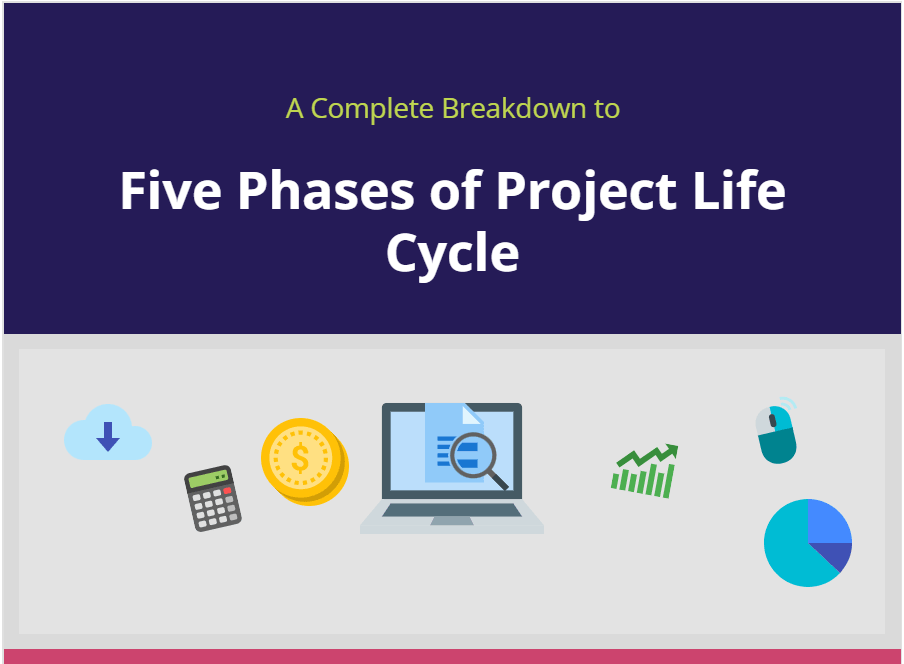
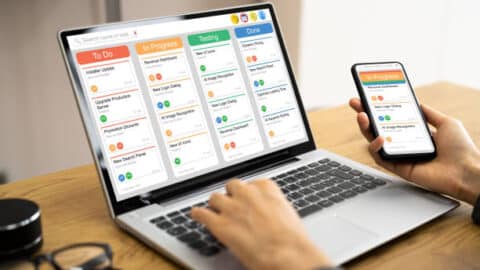
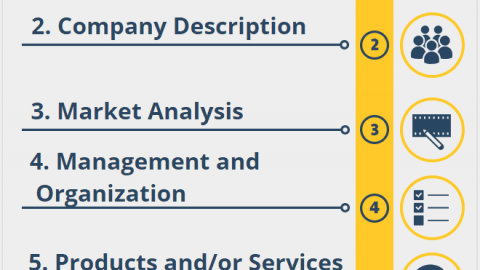
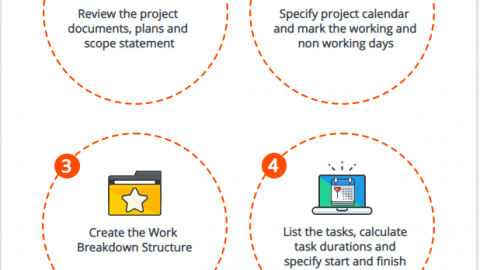
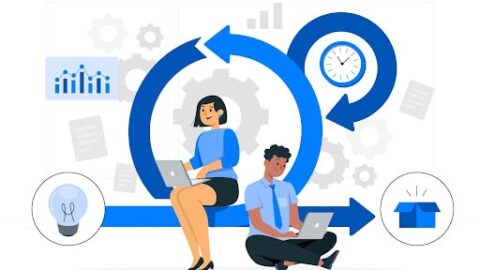

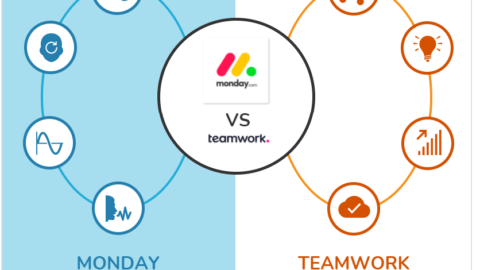
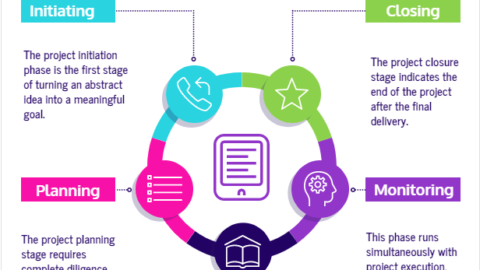


nice blog thanks for sharing kind of blog
Clinical SAS online certification program is ideal for both beginners and professionals looking to upgrade their skill set, our trainers will assist you throughout with the superior teaching techniques.
Are you looking to take your digital marketing skills to the next level? Look no further than our excellent digital marketing institute! Our program offers in-depth, hands-on training in all aspects of digital marketing, from SEO and PPC to social media marketing and email marketing.
Our experienced instructors bring years of industry experience and a wealth of knowledge to the classroom, providing you with a practical, real-world education that you can apply immediately to your job or business.
In addition to our comprehensive curriculum, we also offer a supportive learning environment, with small class sizes and personalized attention from our instructors. Whether you’re just starting out in digital marketing or looking to expand your skillset, our program has something to offer you.
Don’t miss this opportunity to take your digital marketing career to new heights. Enroll today in our excellent digital marketing institute and get the in-depth training you need to succeed in this dynamic and exciting field!